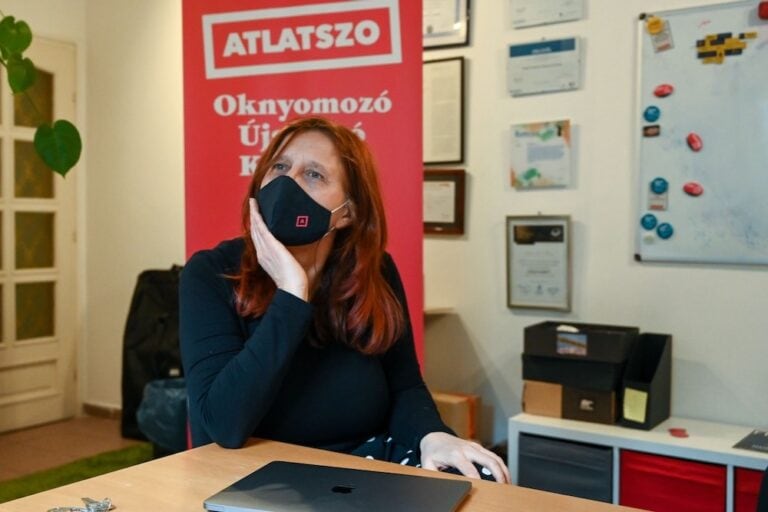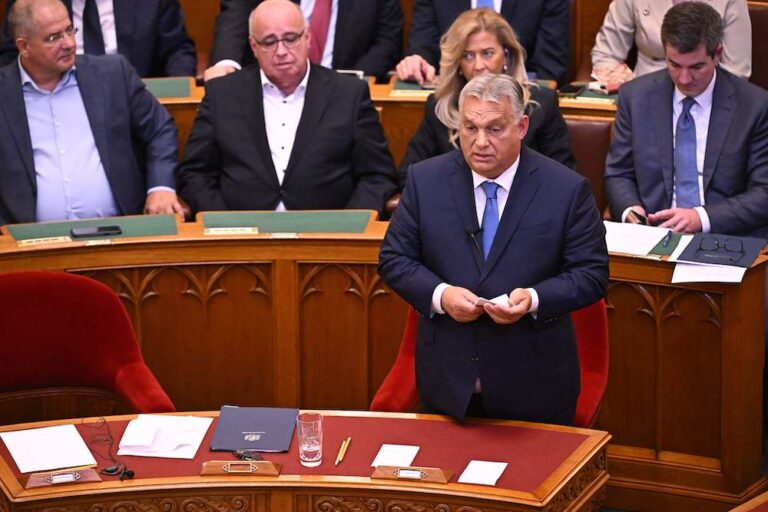Despite the passing of amendments, serious concerns about media legislation remain, says IPI.
(IPI/IFEX) – Vienna, 7 July 2011 – The International Press Institute (IPI) and its affiliate, the South and East Europe Media Organisation (SEEMO), today visited Hungary to meet with journalists and with András Koltay, a lawyer who is a member of Hungary’s new, all-powerful Media Council.
A joint delegation, including SEEMO Secretary General Oliver Vujovic, IPI Press Freedom & Communications Manager Anthony Mills, and – as observers – SEEMO member Sándor Orbán, program director of the South East European Network for Professionalization of Media, and Judit Acsay from the Hungarian Association of Journalists, followed up on a joint IPI/SEEMO press freedom fact-finding mission to the country on 15-16 December 2010.
Hungary’s press law, portions of which entered into effect on 1 January as the country took over the European Union’s six-month rotating presidency, has been heavily criticized by top EU politicians, the Organization for Security and Co-operation in Europe (OSCE), journalists and a host of press freedom and freedom of expression groups. Implementation of the elements of the new legislation dealing with print and online media was postponed for six months, and came into effect on 1 July.
The new legislation allows fines of up to 730,000 Euro against radio and television stations that broadcast content against “public interest, public morals and order”, or “partial information”. However, the law provides insufficient clarification on what constitutes an infringement, and also allows journalists to be forced to give up confidential sources in cases involving vaguely-defined “national security”.
Hungarian Prime Minister Viktor Orbán – who was able to push the legislation through Parliament with the support of his Fidesz party, which controls two thirds of the body’s seats – has rejected criticism of the law, arguing that it is modelled on existing laws in other EU countries.


